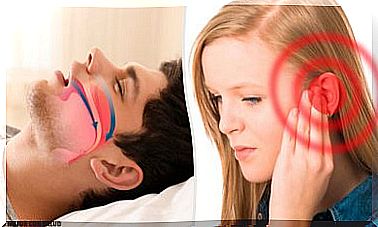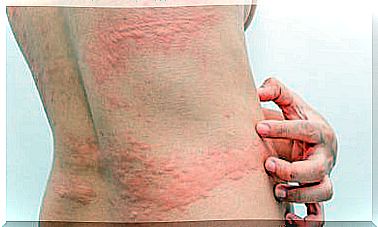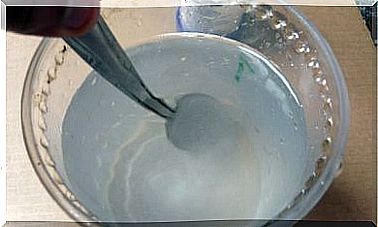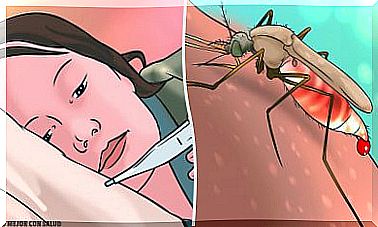Treatment Of Pulmonary Emphysema
Pulmonary emphysema is a condition characterized by progressive deterioration of the lungs and, with it, an increase in shortness of breath. It belongs to a group of diseases known as chronic obstructive pulmonary disease (COPD).
As it worsens, the inner walls of the alveoli break down, becoming inefficient for gas exchange. This leads to a decrease in oxygen reaching the bloodstream.
It destroys the elastic fibers that keep the airways that lead to the alveoli open. These pathways collapse when you exhale, so air cannot leave the lungs and there is no room for oxygen-rich air to enter.
Medical treatments for emphysema
Treatment for emphysema will depend on how bad it is. The doctor can choose to:
- Advise you on preventive measures (to minimize the progression of the disease).
- Focus on symptomatic treatment.
- Resort to surgery.
Stop smoking

Although this measure is not a treatment as such, most doctors recommend it to patients who have breathing problems.
Quitting smoking can stop the progression of the disease and, to some extent, improve the function of the lungs. Therefore, eliminating this bad habit can restore the necessary conditions to the lungs so that they can function properly again.
If the doctor considers it so, he or she may prescribe some medications (aimed at treating addictions) or even recommend attending support groups, to gradually quit tobacco use.
Bronchodilator medications
These medications are designed to dilate the airways to facilitate air exchange. Generally, they are the first that the doctor will prescribe in case of pulmonary emphysema. Some examples are:
- Albuterol: it is the most common bronchodilator in mild cases. It works quickly and one dose usually provides relief for 4 to 6 hours. It is used in specific situations.
- Ipratropium bromide: It is also used in less serious cases. It is similar to albuterol and is available in both an inhaler and a nebulizer version. It is given at intervals.
- Tiotropium: This is a long-acting drug. This drug has been very successful. Decreases the frequency of hospitalizations in COPD patients.
Steroid drugs
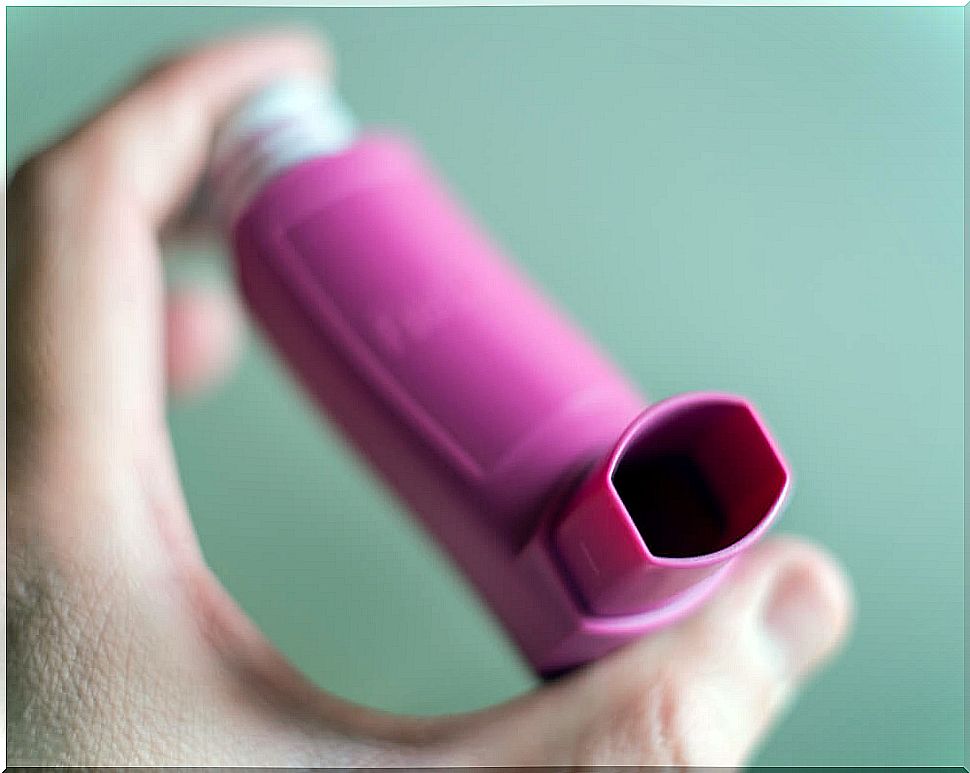
They are drugs aimed at reducing the inflammation that exists in the most severe cases of emphysema. They can be administered orally or through an inhaler.
They must be prescribed in combination with other medications that facilitate the respiratory process. Also, not all people will respond to steroid therapy.
Antibiotics
These medications are often prescribed for people with increased difficulty breathing, even when there is no evidence of lung infection. People treated with antibiotics tend to have shorter respiratory crises.
So far, the data suggest that when COPD patients have sudden worsening of cough and shortness of breath symptoms, the short and immediate use of steroids and antibiotics can reduce hospitalizations.
Oxygen
If you have trouble breathing and go to a hospital emergency room, you will most likely be given oxygen.
In the most severe cases, the patient will likely be required to be intubated. Also, some doctors prescribe oxygen machines for the patient to keep in their own home and use when needed.
Lung volume reduction surgery
Although it may not seem to make much sense, reducing the size of the lung can make breathing easier. It is important to remember that emphysema causes an abnormal expansion of the chest wall, which decreases the efficiency of breathing.
This surgery is only effective if both upper lobes of the lungs are involved. This surgery greatly improves the quality of life of the patient.
Lung transplant
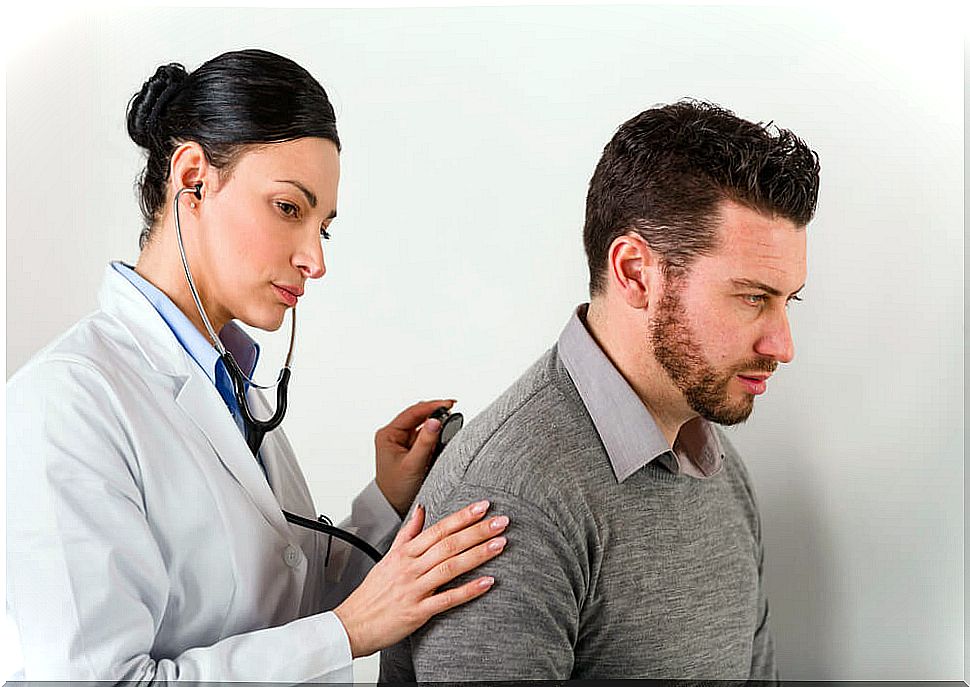
This option is only considerable in the most severe and advanced cases. The transplant of one or both lungs can make the disease disappear almost completely, however, it carries a series of risks that must be considered:
- These people will need to take immunosuppressive medications throughout their lives to avoid transplant rejection.
- Not all patients are eligible for transplantation, and those who are are limited by the shortage of available organs.
Pulmonary rehabilitation
Pulmonary rehabilitation is probably the most effective therapy for COPD patients with emphysema. Gradual physical exercise, proper breathing techniques, and informing and educating the patient about their disease improve quality of life and decrease hospitalizations.
Prognosis of the disease
There is no cure, but there are treatment options that can slow the progression of the disease and allow a normal life. Therefore, the diagnosis of emphysema is not a death sentence.
The first step that the patient has to take should be to stop smoking as soon as possible. At the same time, you should follow the doctor’s instructions and try not to skip the scheduled consultations.
